Tell anyone who knows their Chianti Classico that you’re headed to a winery in the small medieval hamlet of Fonterutoli and they’ll know that you’re talking about the estate of Mazzei, one of Italy’s oldest family-owned wineries. One could be forgiven for driving past this ancient town as you head towards the more popular surrounding towns of Greve, Monteriggioni or Castellina in Chianti, which is only a few kilometres away and is the municipality of which Fonterutoli belongs to.
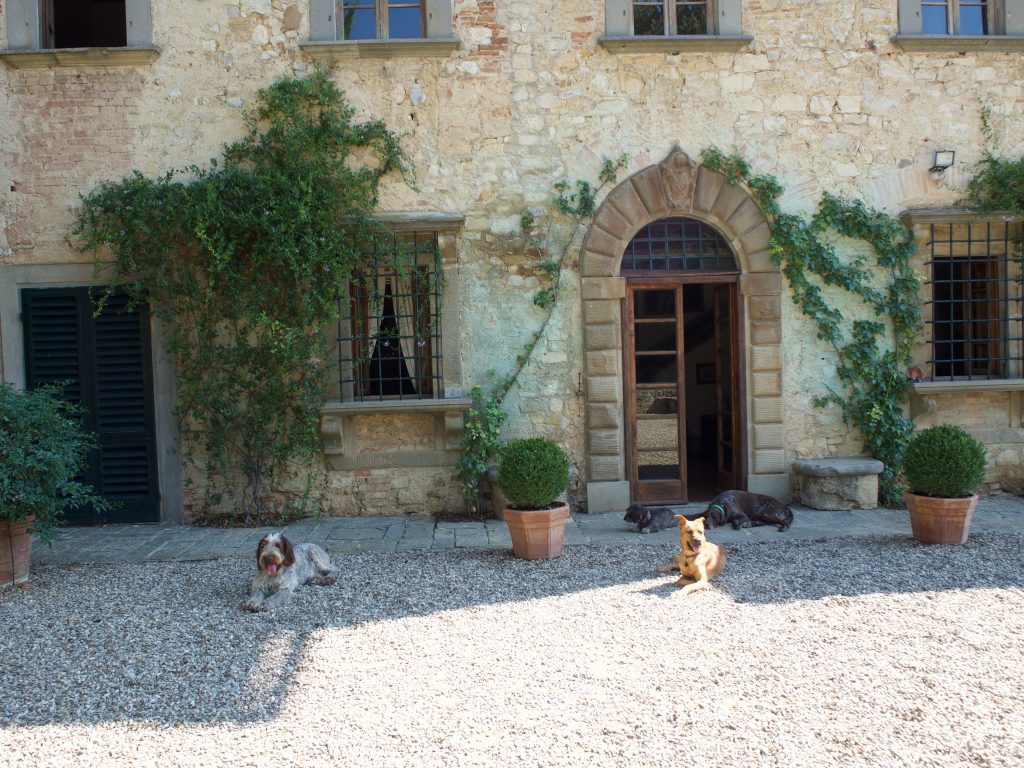
The Mazzei family have owned the Castello di Fonterutoli castle and property since 1435 which is an incredible achievement as twenty-four generations have lived and worked this land.
While always remaining firmly attached to a traditional Tuscan way of life, the Mazzei family are also proudly known as modern winemakers for their innovation and as a company who is always trying to improve the quality of the wines they produce.
Today the Castello di Fonterutoli Winery is run by brothers Francesco and Filippo Mazzei. Before taking over the helm from their father, Lapo Mazzei, both brothers worked for other iconic Italian companies and together have combined their strengths for business development and administration to bring the Mazzei company into the modern era.
Even though the family had always made wine, before World War II, it was just another product that their Tuscan farm produced, alongside mixed crops. This was a time when peasant families were assigned crops and would give half of the harvest to the landowner. A system known as the ‘mezzadria’ was how all farms were managed in Italy during these years. In 1955, Lapo Mazzei gave his workers a wage, one of the first to do so before Italy officially abolished the mezzadria system in 1974. Lapo also phased out the other crops and by the 60’s the Castello di Fonterutoli property specialised solely in wine.
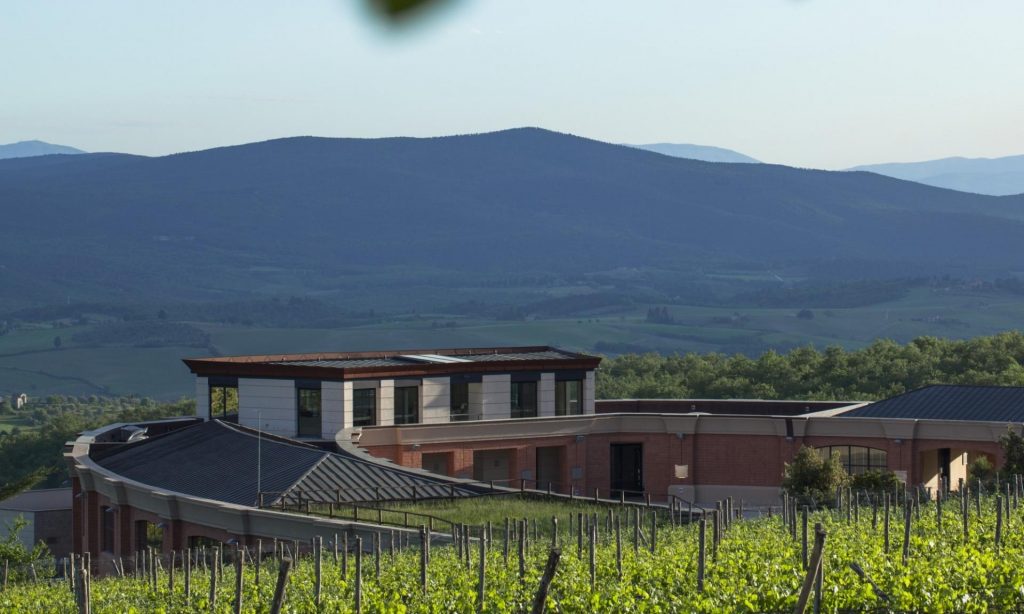
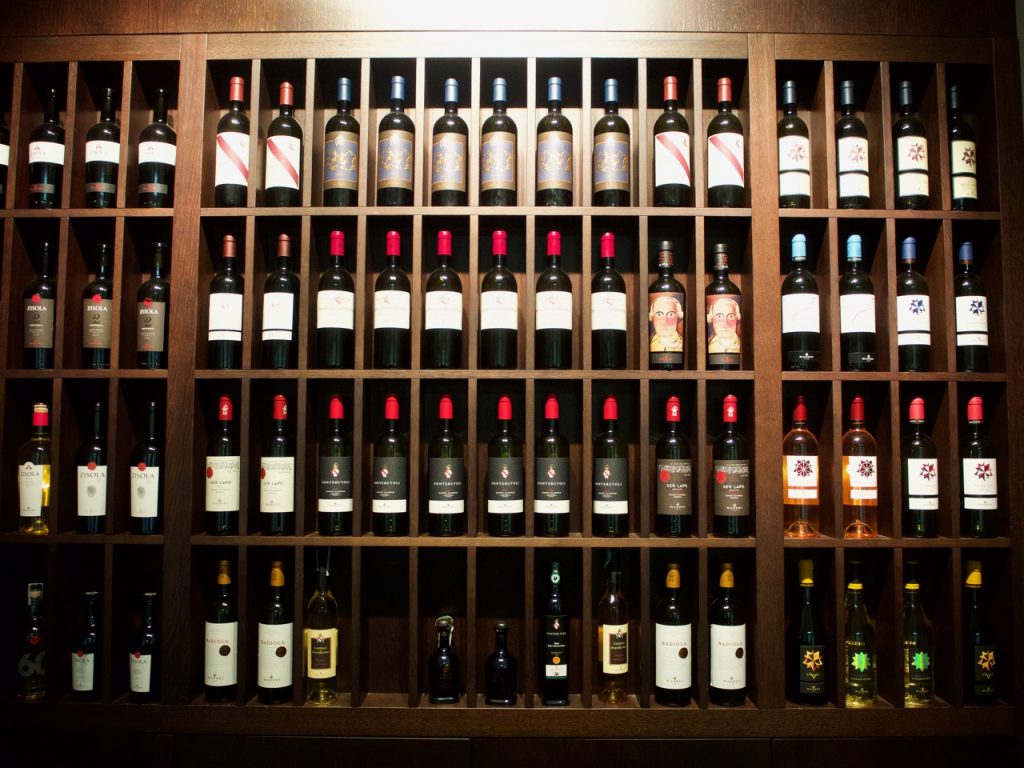
The Castello di Fonterutoli is one of the most revered producers in Tuscany, having won many awards over the years for their various versions of Chianti Classico. From the Fonterutoli Chianti Classico, which comes from 120 different parcels of land beyond their five main vineyards, to their chateau wine, Castello Fonterutoli Chianti Classico, which comes from 50 select parcels and contains indigenous grapes only.
Their next Chianti Classico is the Ser Lapo Chianti Classico Reserve, named after their notable ancestor, Ser Lapo, known as being the author of the first official document mentioning “Chianti wine” on the 16th December of 1398. Ser Lapo Mazzei served as notary to the Tuscan merchant Francesco Datini in the 1300’s and his detailed records which have survived intact are said to have formed the basis of Tim Parks’ book, The Merchant of Prato. As if one wine to honour their ancestor wasn’t enough, he is celebrated again with the Ser Lapo Riserva Privata, produced in a limited quantity from a selection of grapes made directly by the family.
“Made with a blend of Cabernet Sauvignon selected from our estates, Philip is the quintessence of Tuscany. The great doctrine ‘All men are created equal’, incorporated into the Declaration of Independence by Thomas Jefferson, was paraphrased from the writings of Philip Mazzei, an Italian-born patriot, and close friend of Jefferson’s.”
(JFK, “A Nation of Immigrants”)”
Another very notable ancestor of the family is Philip Mazzei who was known as a passionate grape-grower, literal thinker, citizen of the world and a pioneer of the viticulture in Virginia. Before becoming President, Thomas Jefferson offered Philip 193 acres in Monticello to plant vines.
Today the wine, Philip Toscana IGT is dedicated to him and features a portrait of him on the label.
An example of the modern innovation of the Mazzei winery is their Mix 36, known as The Sangiovese Avantgarde. This is the result of the research on Sangiovese that resides in an experimental vineyard at Fonterutoli, planted at the end of the 90s in ideal pedoclimatic conditions for Sangiovese. The Mix 36 contains 36 different biotypes of Sangiovese, of which 18 are certified clones which anyone can find at the nursery, while the remaining 18 Sangiovese biotypes are unique and exclusive selections coming directly from the old Fonterutoli vineyards that you cannot buy anywhere. “A cutting-edge agronomical project that creates a pure-bred Sangiovese, a unique wine that includes Cru, Monovarietal and Blend.”
One of the estates finest wines made from one of the oldest vineyards in Italy is Siepi, made with Sangiovese and Merlot grapes grown on 6 hectares in the Siepi vineyard, one of the best estate parcels. Described by ‘Gambero Rosso’ as “one of the 50 wines that changed Italy’s wine style”, the grapes are hand-picked and aged in small French oak barrels for 18 months. The first vintage is from 1992.
At the beginning of the eighties, the Mazzei family had the intuition of planting Merlot as an ideal complement to Sangiovese. The choice fell on Siepi thanks to the peculiarities of the terrain and Siepi has since become the predestined vineyard that has given life to the most important cru of the whole estate.
Since 1992, the year of the first harvest, Siepi was the first Tuscan cru to assemble Sangiovese and Merlot in equal proportions.
The Mazzei family have also ventured south from their ‘Castello di Fonterutoli’ acquiring two new wineries. Belguardo, located in the southern Tuscan area of Maremma, which lies just a few kilometres from the coast and spans approximately 170 acres.
The second estate is located much further south, in Sicily, the largest island in the Mediterranean Sea. The Zisola winery is 120 acres and is located outside the town of Noto. It is a region that has been growing grapes since the ancient Romans! Francesco talks with great pride as he describes Sicily and his attraction to this territory rich, with history, culture and charm. Every time he would visit he was more and more convinced that they could build something beautiful in this area and so in 2003, their ambitious winemaking project began. At Zisola everything is done by hand, the vines are bush trained which actually results in a lower yield than the typical high-trellised technique but this wine is made with passion and integrity, respecting the heritage and rich history of the land.
Proof of the respect for Francesco Mazzei and his family in this industry is his recent nomination and new position as President of the Consorzio Tutela Vini of the Tuscan Maremma. The Consortium was created in 2014 with the aim of protecting and promoting, in Italy and abroad, the wines produced in the Tuscan Maremma territory.
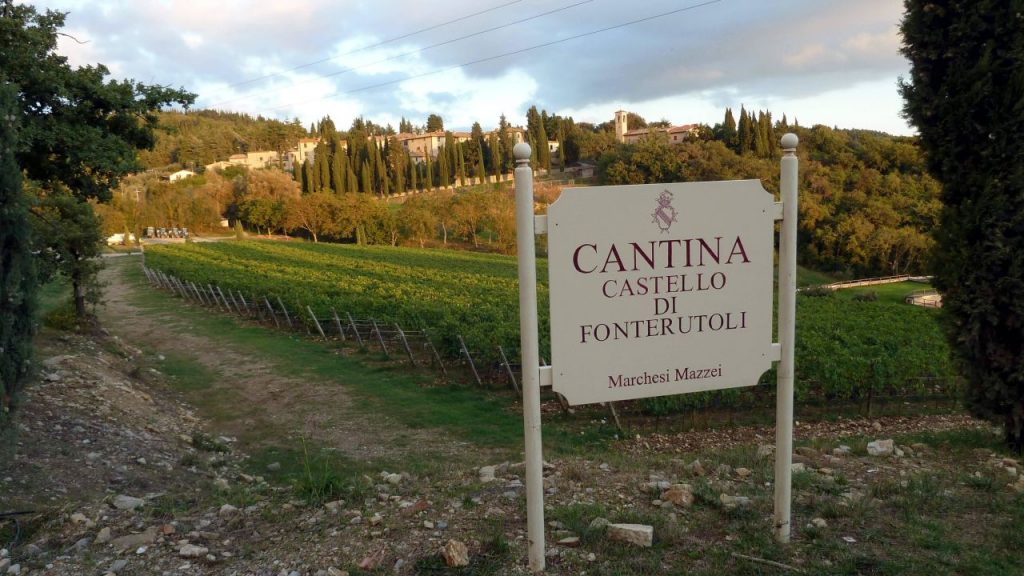
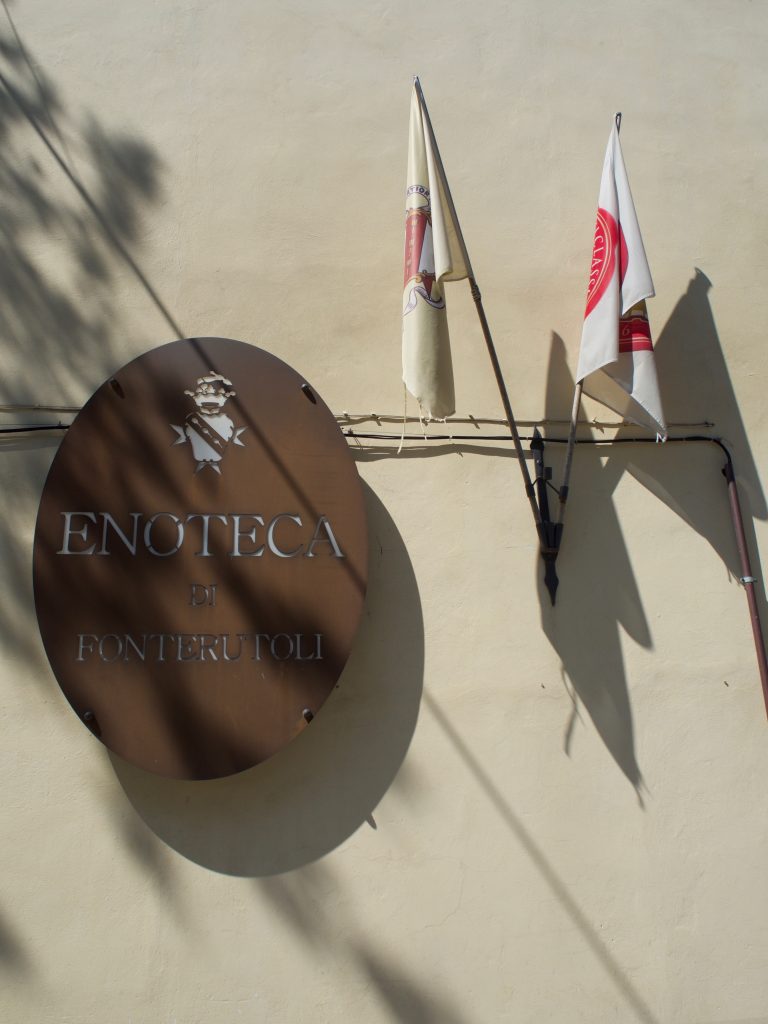
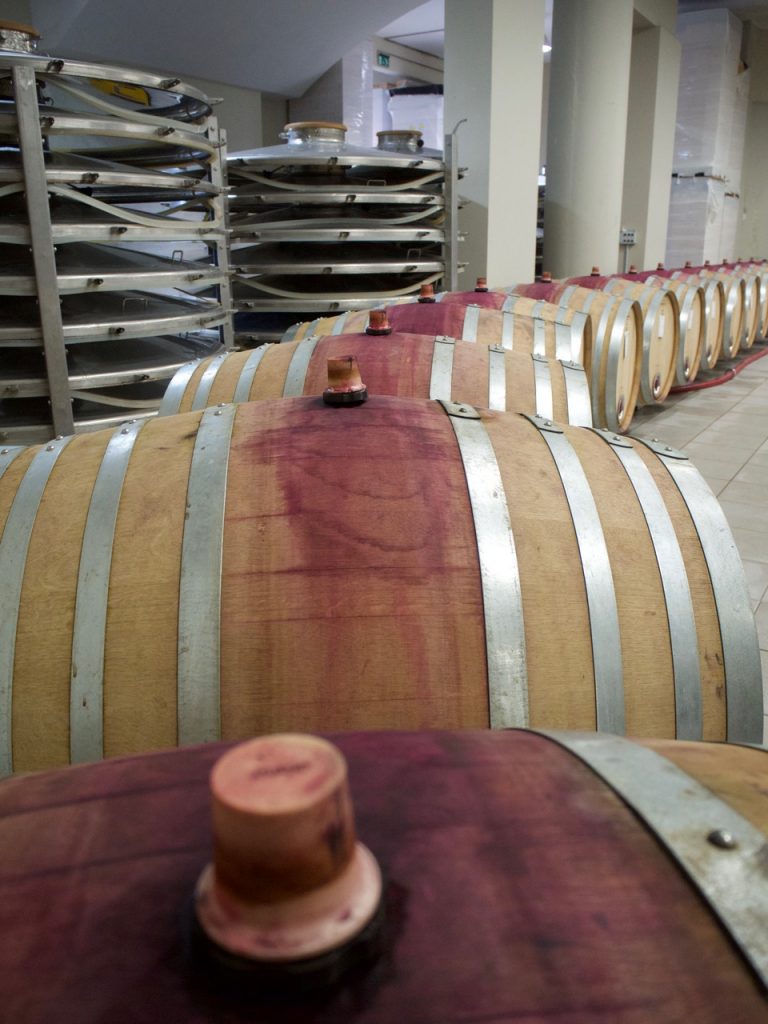
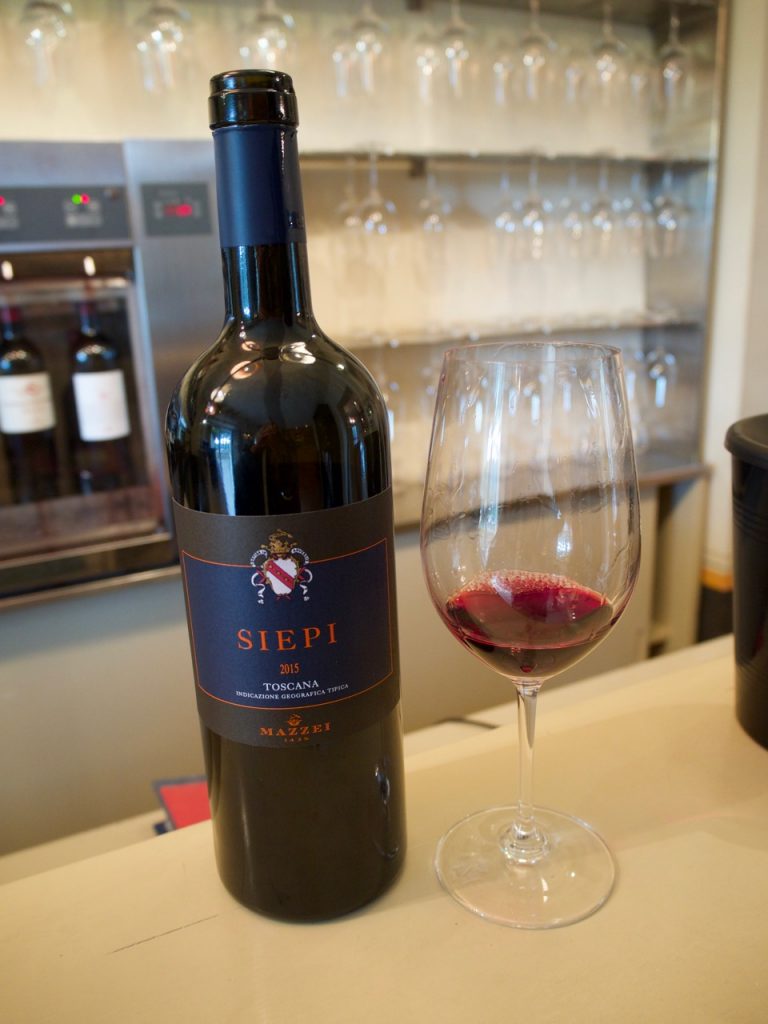



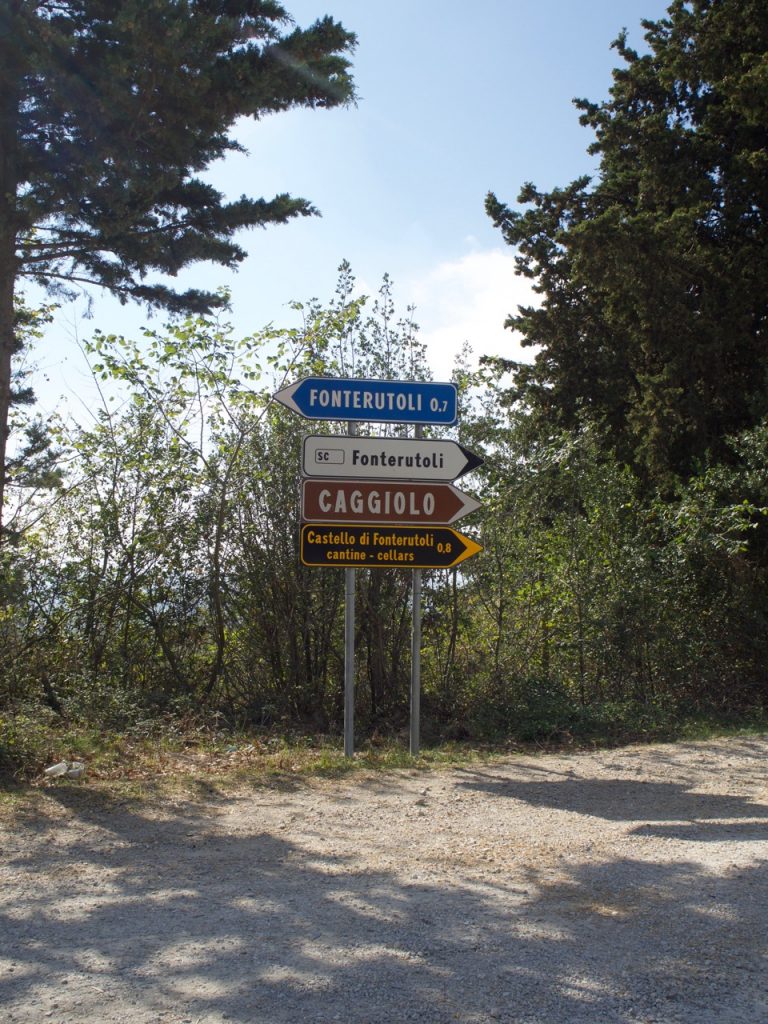
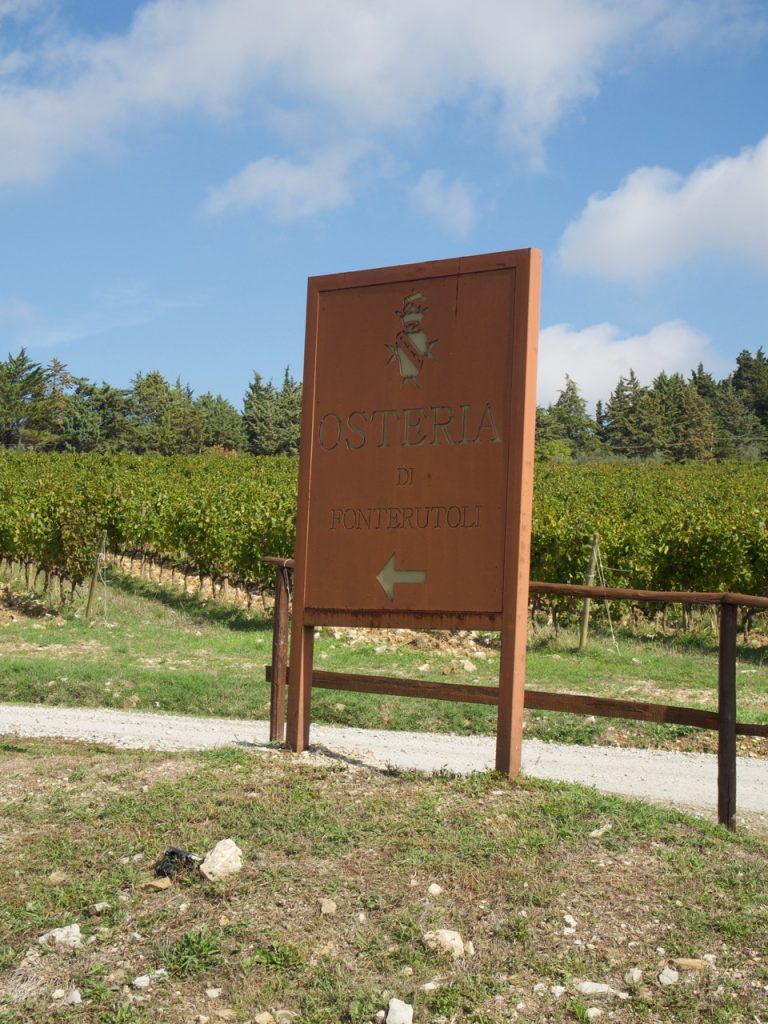
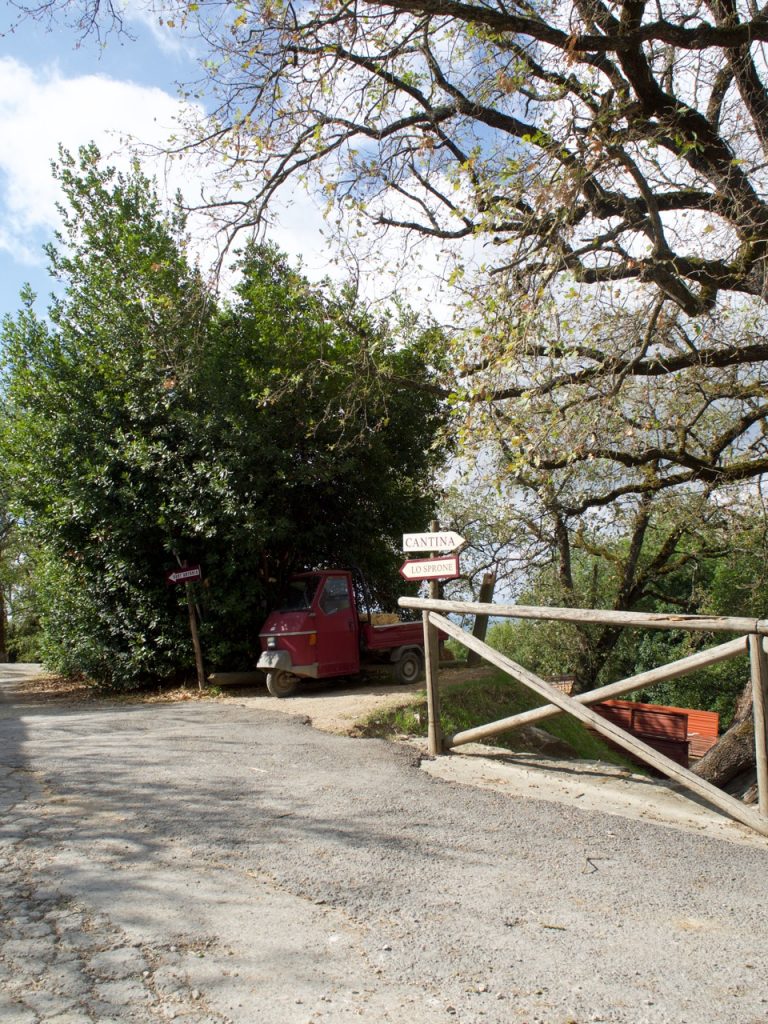
Best places to stay, sights to see for retired, young at heart oldsters traveling adventures on a budget?